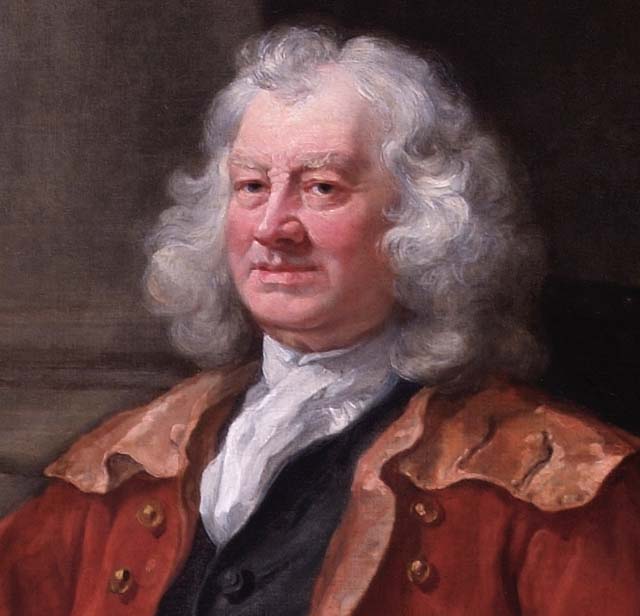The Foundling Museum
The Foundling Museum explores the history of the Foundling Hospital, the UK’s first children’s charity and first public art gallery, and through a dynamic programme of events and exhibitions celebrates the ways in which artists of all disciplines have helped improve children’s lives for over 275 years.
The Foundling Hospital, which continues today as the children’s charity Coram, was established in 1739 by the philanthropist Captain Thomas Coram, as ‘a hospital for the maintenance and education of exposed and deserted young children’. Instrumental in helping Coram realise his vision were the artist, William Hogarth, who encouraged all the leading artists of the day to donate work and the composer, George Frideric Handel, who gave annual benefit concerts of the Messiah. In doing so, they created London’s first public art gallery and set the template for the way that the arts could support philanthropy. The Foundling Museum celebrates their vision and continues their work, by enabling artists, musicians and writers to work alongside vulnerable young people and cast new light on the histories the Museum tells.
The moving story of the Foundling Hospital and the children who grew up there is revealed through the artworks, objects and archival documents on display in the Museum. Artists who donated work to the Foundling Hospital include William Hogarth, Thomas Gainsborough, Joshua Reynolds and John Michael Rysbrack. Paintings, sculpture, furniture and ceramics are displayed in beautiful eighteenth-century interiors, reconstructed from the original Hospital building.
Shown alongside the art are poignant artefacts which reveal lives of the children and the desperation of the mothers who gave them up. These include the small everyday objects, or ‘tokens’, left by women with their babies in the eighteenth century, as well as admission records, text books, uniforms, and the testimony of former pupils of the Foundling Hospital School in the twentieth century.
The Museum also holds the Gerald Coke Handel Collection, an internationally-important collection of material relating to Handel and his contemporaries. The Collection of around 10,000 items includes manuscript and printed scores, libretti, books, periodicals, programmes, artworks, sound recordings and ephemera. Key items on display include Handel’s will and the manuscript score of Messiah bequeathed to the Hospital.

